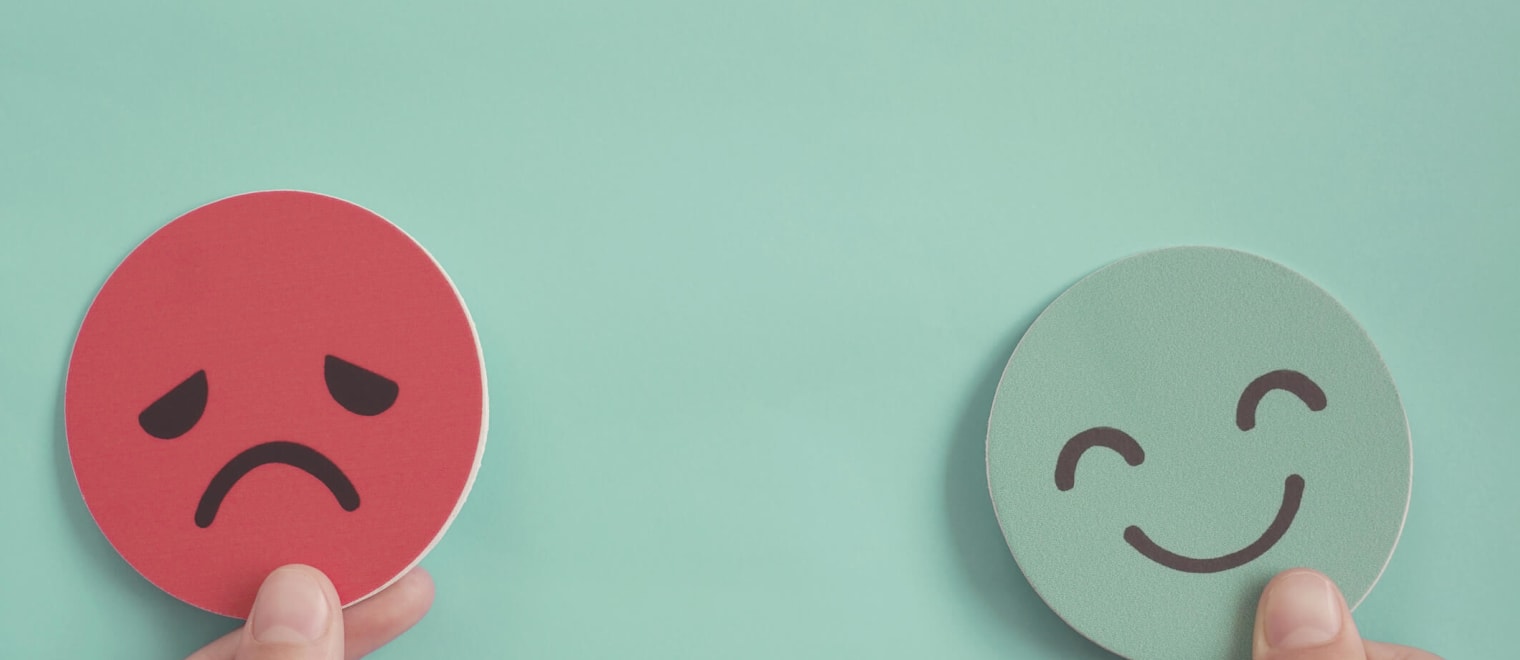This informal CPD article The Pain-Pleasure Concept was provided by Dr Aline Nassar, Board Chairman & Chief Executive Officer at Stochos, an organisation which aims to develop, guide and coach organisations in the process of Excellence & Capacity Building.
Pain and Pleasure! Who has not experienced both?
I have always appreciated both! I grew up experiencing all sorts of pain whether it was physical, mental or emotional! And I definitely had my big share of pleasure. Since then, I learned how to benefit from and control both!
At the age of 20, I decided to engrave on my body the following statement: The sweetest pleasure is pain! Back then, I did not realize how things would turn out to be, how my understanding of pain and pleasure would commute, and how I would grow to overcome pain in a way I’ve never experienced before.
Now, if I were to ask about what you would rather choose, almost everyone would choose pleasure rather than pain, and this is reasonable for how pleasure emerges throughout our bodies, minds and souls. In this article, I want to offer you a different perspective of how pain and pleasure affect our daily decisions and lives.
The Pain/Pleasure Concept!
The pain/pleasure concept developed by Sigmund Freud suggests that people make all their choices to avoid or decrease pain, or make choices that create or increase pleasure.
How does it work?
The pain pleasure principle is the core of all the decisions we make. Our perception of pain and pleasure is very relevant to and based on all the experiences we have had since we were born. The accumulation of beliefs, habits and experiences affect and indicate how we perceive pain and pleasure. And this perception is our specific reality. This all means that we interpret pain and pleasure based on who we are.
In short, by associating more pleasure into doing something, and more pain into not doing it, we tend to achieve things. However, when we associate more pain into doing something, we start avoiding doing things.
A thought! Almost everything we do in life is to avoid pain and seek pleasure. That said, how many times the pleasure we seek is the lesser pain we seek just for the sake of not having to deal with the greater pain. But most of the time, that greater pain is what takes us closer to pleasure.
Examples:
- Why is it almost impossible to quit an addiction? It’s basically because the pain we associate with quitting (cravings, anxiety, headaches) is greater than the pain we associate with continuing.
- A person who always wanted to start a new hobby or activity but never did; basically, they would be associating more pain into starting the activity (Overthinking, limiting beliefs, failure), and less pain into not doing anything about it. (Why to even try; life is good now).
- How many times have you looked at the dishes and decided that it’s not yet the time to do them.
- How many times have you missed finishing a report and said you’ll finish it late?.
- Snoozing an alarm in the morning until we know that if we do it one more time we’d be late to work or we would miss an alarm, and therefore the pain of snoozing (staying in bed) becomes greater than the pain of getting up from bed. That’s when we get up!
- If conflict and wartime conversations are painful for us, we tend to avoid them just because it’s a lesser pain to avoid them rather than dealing with them.
How true is the above?
The equation is clear. However, if we truly look at the great pain and we introduce the definition of delayed gratification to our lives, we would realize that most of the time that we associate a greater pain, is because we’re leaning into instant satisfaction rather than the delayed one. And this takes us back to our examples!
- Don't we know the long term effects of quitting smoking?
- Don't we know that starting a new hobby would eventually make us happier because this is what we wanted?
- Don’t we know that if we do the dishes now, we’ll get to sit, relax, and not keep thinking about the dishes while sitting
- Don’t we know that if we finish that report, we'll stop thinking about it?
- Don’t we know that communication leads to feeling more relaxed and less stressed or anxious?
In conclusion, the pain/pleasure concept is immensely related to the instant vs delayed gratification concept. And this is definitely differently related to each one of us based on their values, beliefs, thoughts mechanism and experiences. As human beings we always tend to seek pleasure and avoid what we perceive as pain, however, with every decision we make, we need to be aware of the long term results of it and not just the immediate pleasures it gives us!
We hope this article was helpful. For more information from Stochos, please visit their CPD Member Directory page. Alternatively please visit the CPD Industry Hubs for more CPD articles, courses and events relevant to your Continuing Professional Development requirements.












